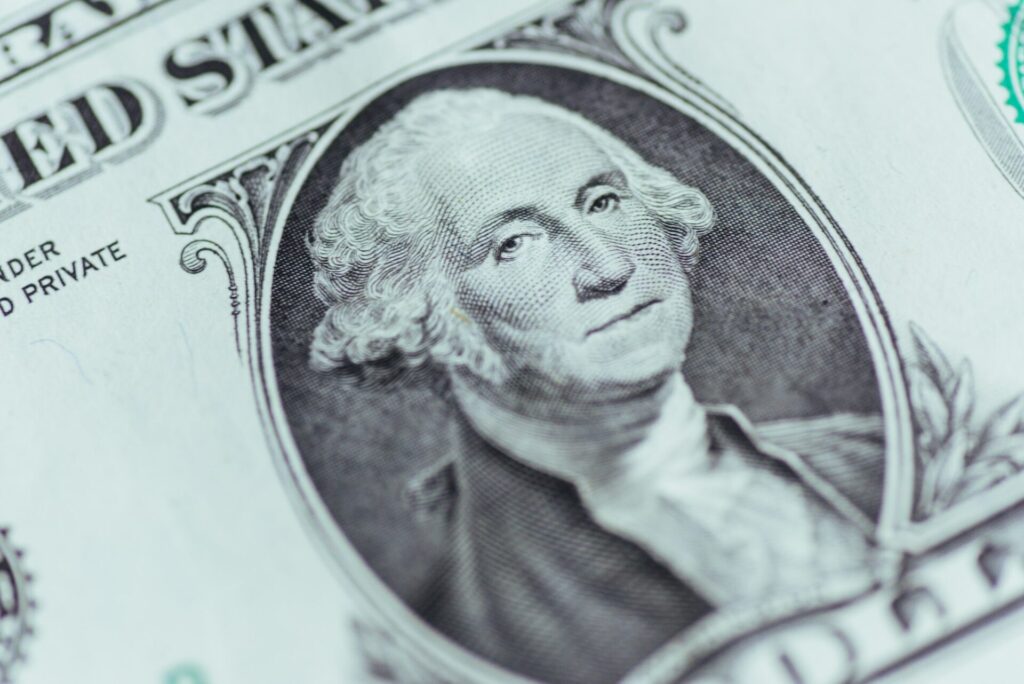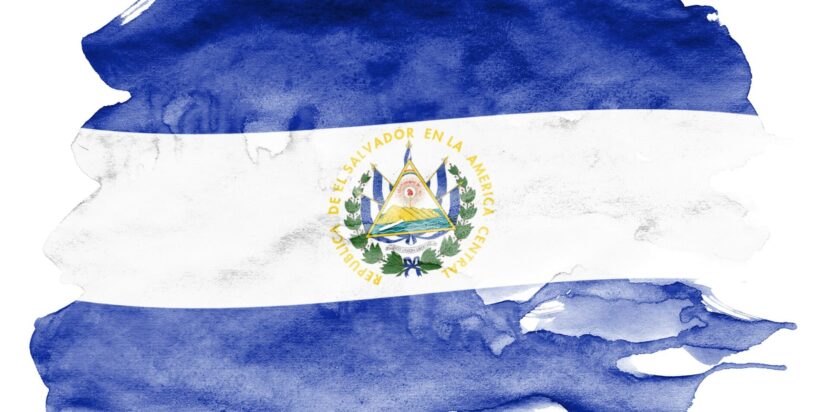Unlocking Privacy: A Guide on How to Open a Bank Account in El Salvador
Opening a bank account in El Salvador is becoming increasingly attractive, particularly for expats, digital nomads, and businesses. Known for its dollar-based economy and recent embrace of Bitcoin, this small Central American country offers financial opportunities for those looking to engage in the region’s growing markets. Whether you’re looking to manage your finances more efficiently, invest in the local economy, or simply need a reliable banking option abroad, El Salvador is worth considering.
In this guide, we’ll take you through the complete process of opening a bank account in El Salvador, step-by-step. From understanding the types of accounts available to ensuring you meet all the necessary requirements, we’ve got you covered.

Why Choose El Salvador for Banking?
A Growing Financial Hub
El Salvador has emerged as an attractive destination for both individuals and businesses due to its economic policies and financial innovations. Since 2001, El Salvador has used the U.S. dollar as its official currency, which helps stabilize inflation and reduces currency risk for foreigners.
The introduction of Bitcoin as legal tender in 2021 added another dimension to the country’s appeal. With an innovative cryptocurrency infrastructure, El Salvador now offers an array of financial services designed to attract international investors, entrepreneurs, and digital nomads.
Financial Stability and Convenience
Having a U.S. dollar-denominated economy means that international transfers, trade, and everyday transactions are significantly simplified. For Americans and many others, this makes El Salvador an ideal place to keep a bank account—either as a backup account, for expat living, or for managing business transactions in Latin America.
Types of Bank Accounts Available in El Salvador

Personal vs. Business Accounts
Whether you’re an individual expat looking to manage your finances or a business owner seeking to set up a company, El Salvador offers both personal and corporate bank accounts.
- Personal Accounts: These are suitable for managing personal savings, daily expenses, or making wire transfers. Personal accounts in El Salvador typically come with an international debit card, online banking options, and even access to Bitcoin wallets if you’re using a crypto-friendly bank.
- Business Accounts: If you’re a business owner or an entrepreneur planning to operate in El Salvador, a business account offers enhanced services such as payroll management, corporate credit cards, and access to international markets. Some banks even offer specialized accounts for companies engaged in import/export activities.
Local vs. International Banks
Choosing the right bank is critical. El Salvador has a combination of local and international banks, each offering distinct advantages:
- Local Banks: Major Salvadoran banks such as Banco Agrícola and Banco Davivienda provide comprehensive personal and business services. These banks are well-regarded for their customer service and local expertise.
- International Banks: Global banks like Citibank operate in El Salvador, offering a more international banking experience, which might be beneficial for expats or those conducting frequent international transfers.
Bitcoin-Integrated Accounts
If you’re interested in using cryptocurrency, many banks in El Salvador are now offering Bitcoin integration. El Salvador’s national wallet, Chivo Wallet, allows users to conduct Bitcoin transactions alongside their traditional banking accounts.
How to Open a Bank Account in El Salvador – Requirements for Opening a Bank Account
Key Documents Needed
To open a bank account in El Salvador, you’ll need several key documents, whether you’re a resident or non-resident. The most common requirements are:
- Proof of Identity: A valid passport or Salvadoran identification card (DUI) for residents.
- Proof of Address: This can be a recent utility bill, rental agreement, or other documentation showing a Salvadoran address. Some banks may accept foreign addresses for non-residents.
- Tax Identification Number (NIT): For residents, an NIT is required. Non-residents may be asked for a tax number from their home country.
- Employment or Business Documentation: If opening a business account, you’ll need additional paperwork such as company registration certificates, tax filings, and business licenses.
Residency vs. Non-Residency Accounts
While it’s possible to open a bank account as a non-resident, the process is simpler for residents. Non-residents may face stricter regulations and may be limited in the types of accounts they can open.
- Residents: Those with permanent residency or on a work visa will find it easier to open a full-fledged account with most Salvadoran banks.
- Non-Residents: Foreigners not living in El Salvador can still open an account but may face higher documentation requirements. Banks might ask for proof of business dealings, ties to the country, or a local sponsor.
Bank Fees and Maintenance Costs
Salvadoran banks generally charge modest fees for account maintenance, currency exchange, and wire transfers. Expect account management fees of around $5–$15 per month, depending on the type of account. Banks like Banco Cuscatlán may offer promotions that waive these fees for the first year.
Step-by-Step Process to Open a Bank Account
1. Choose the Right Bank
Before you begin, it’s crucial to choose a bank that fits your needs. Whether you prioritize online banking, low fees, or Bitcoin integration, your choice of bank will impact your overall experience. Websites like Banco Agrícola www.bancoagricola.com or Citibank El Salvador www.citi.com offer detailed descriptions of services and account types.
2. Complete the Application
Applications can typically be filled out online or at a bank branch. Be sure to have your documents prepared, as incomplete applications can delay the process. The form will ask for basic details such as your name, nationality, occupation, and address.
3. Submit Documents and Verification
Most banks require in-person verification to complete your account setup. At this stage, you’ll provide all the required documents. Some banks may accept notarized copies of your documents if you are unable to visit a branch in person.
4. Make an Initial Deposit
Once your account is approved, you’ll need to make an initial deposit. The required deposit can range from $100 to $500 depending on the bank and the type of account. Business accounts often require a higher initial deposit.
5. Activate Your Account
Finally, after your deposit is confirmed, the bank will issue a debit card and grant access to online banking services. You’ll also receive instructions for setting up mobile banking apps, managing wire transfers, and conducting Bitcoin transactions (if applicable).

How to Open a Bank Account in El Salvador – Tips for Foreigners and Expats
Overcoming the Language Barrier
Spanish is the primary language used in Salvadoran banks, although larger institutions and international banks may have English-speaking staff. If your Spanish isn’t fluent, consider bringing a translator or using a bank with English-speaking services, such as Citibank or Banco Cuscatlán.
Navigating Local Regulations
If you’re a U.S. citizen or from another country with strict tax reporting laws, be aware of any FATCA (Foreign Account Tax Compliance Act) requirements. Salvadoran banks will often report accounts held by foreigners to their home country’s tax authorities, especially for U.S. citizens.
Using Bitcoin in El Salvador
El Salvador’s Chivo Wallet is the most popular platform for Bitcoin transactions. It can be used for payments, receiving transfers, and even Bitcoin-to-USD conversions. Banks like Banco Davivienda also offer Bitcoin-related services for users who prefer a blend of traditional and crypto banking.
Conclusion: Is It Worth It?
El Salvador’s dollar-based economy, combined with its forward-thinking approach to cryptocurrency, makes it an appealing option for anyone seeking to open a bank account in Latin America. With clear steps, a robust banking infrastructure, and the potential for Bitcoin integration, opening a bank account in El Salvador could be a strategic move for expats, businesses, and investors alike.
If you’re considering setting up shop or simply need a reliable banking option in the region, El Salvador could be your next financial destination.



Comments are closed